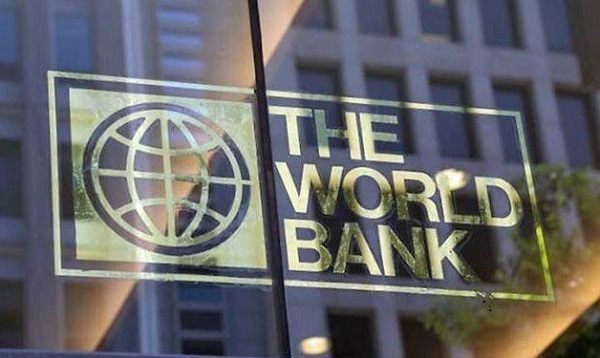Group of Seven policymakers must recognize the urgent need to tackle debt problems in developing nations and should discuss ways to bring more transparency to the issue, World Bank President David Malpass said.
“What I hope can be discussed at the G-7 on debt is the urgency of restructurings getting done,” Malpass said about the group’s gathering of financial ministers and central bankers this week in Niigata, Japan. “The slow growth in developing countries has consequences worldwide in terms of human suffering, in terms of migration flows.”
Sovereign and private lenders have been trying to find the middle ground with struggling borrowing countries like Sri Lanka, Zambia, Ethiopia and Ghana. More than 70 low-income nations face a collective $326 billion debt burden, with more than half of them already in or near debt distress.
The topic is likely to be discussed at the G-7 gathering. This year’s meeting includes invited representatives from emerging economies such as India, Indonesia and Brazil.
Japan, the G-7 chair this year, has been working with the World Bank to find ways to restructure debts with developing nations, Malpass said in an interview in Tokyo before heading to the Niigata gathering. The findings will form part of a report on debt transparency and reconciliation that the World Bank is set to release later this week, Malpass said.
“Japan has been active in helping reconcile, helping with the process,” said Malpass, who is set to step down at the end of this month. “It proved that it can be done. And so we are hoping to do it with more, with the full G-7 and then also with the full G-20.”





